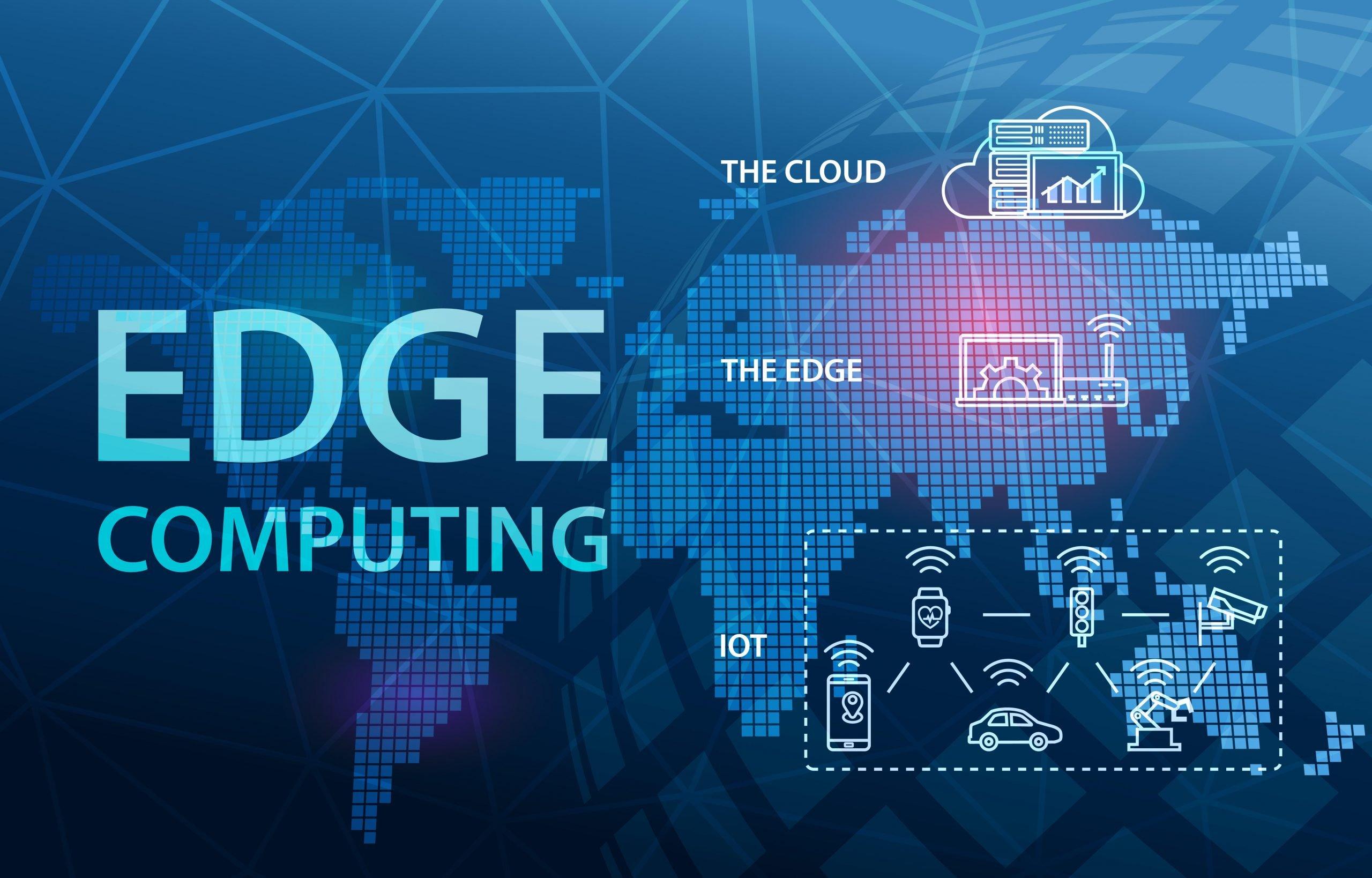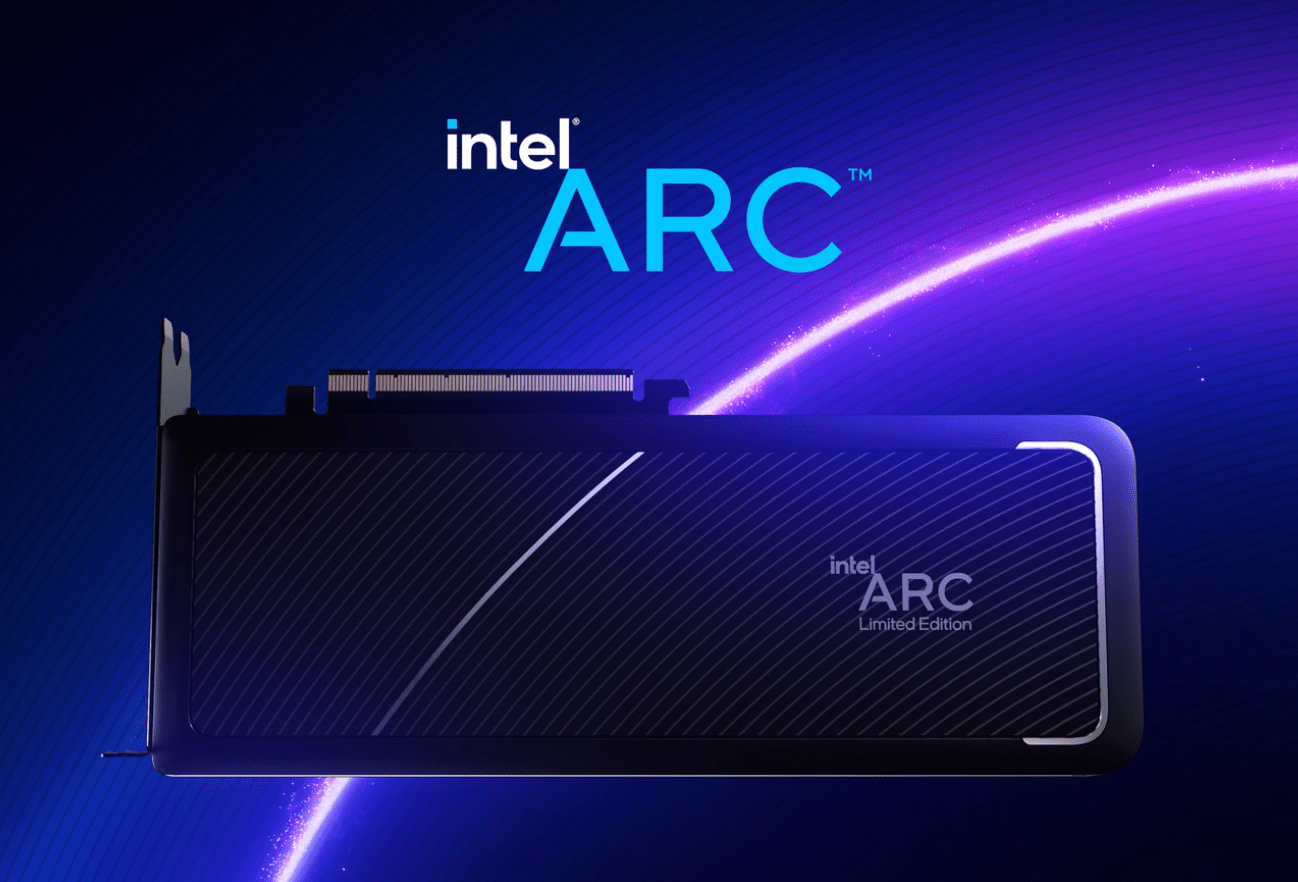If you are a small company, edge computing is ideal. It can easily process data near the source, enhancing data transfer and latency. This can also help you in decision-making and improve efficiency.
In addition, edge computing has many benefits for all types of businesses, such as reduced latency, increased readability, enhanced data security, reduced cost, improved scalability, and more.
Here are the five benefits of edge computing for small companies.
Fast Processing Work with Lower Latency
Edge computing processes fast, lowering the system’s latency. It helps your small company enhance working productivity and increase overall business growth. This is done by placing the data closer to the resource from which it is generated. This process is done with the help of loT devices and cameras.
This reduction in delay is crucial for applications requiring real-time data, such as autonomous vehicles or live video streaming. The data on the server avoids the round trip and is sent directly to the other device without any delay.
Enhanced Data Security for Customer Support
Data security is a prominent aspect of any business. The data can include personal customer details, company financial records, employee records, etc. All of these are crucial and need hard protection shields. So, edge computing offers an extra shield for all your data stored in the system. It has integrated firewalls, intrusion detection systems, and secure communication protocols.
These tools help you migrate the data from one system to another without online threats or attacks. Also, edge solution helps to maintain extra copies of original data, which helps you access it whenever you require it or when the data is lost or wants to be recovered. Here are some important bullet points you should know about the data security features of edge computing.
- Local Data Processing: Processes data at or near the source to minimize the time it takes to respond.
- Reduced Round-Trip Time: Eliminates delays associated with data traveling to a remote data center and back.
- Real-Time Analysis: This enables immediate analysis and response, which is crucial for applications like autonomous vehicles and live video streaming.
- Decreased Data Transmission: This reduces the amount of data sent over the network, lowering congestion and improving throughput.
- Faster Load Times: Enhances application performance by processing data closer to the user, leading to quicker response times.
- Optimized Bandwidth: Improves efficiency by handling processing locally and reducing network strain.
Enhanced IoT Applications for Easy IT Operation
The enhanced LoT application feature of edge computing helps small businesses link devices in their IT space easily. It reduces latency and enables real-time analytics. Also, businesses minimize the data sent to central servers by processing data at the edge. This decreases the need for high-bandwidth connections and lowers data transmission costs. For small businesses with limited budgets, this can lead to significant savings in operational expenses.
Further, edge technology keeps data processing close to its source, reducing the exposure of sensitive information during transmission. This localized approach can protect against data breaches and cyberattacks. So, if you handle customer data or sensitive information, this added security layer helps safeguard your assets and maintain customer trust.
Low Costs for High Performance
Your small business needs a lot of investment and savings to go from small to big. However, neglecting the performance and fulfillment of the tools and services should not be compromised. So, edge computing helps you get both, a low-cost solution with all the features.
The cost-effective feature of Edge does not mean that it compromises the feature, it gives you great features. Also, the local data processing at the edge location reduces the need for extensive network infrastructure and maintenance.
So, small businesses benefit from decreased operational expenses related to data transfer, storage, and server maintenance as edge computing streamlines data handling and resource utilization.
- Minimized Data Center Dependency: This approach reduces or eliminates the need for large, centralized data centers by processing data locally at the edge, cutting infrastructure costs.
- Decreased Bandwidth Consumption: Limits the amount of data transmitted over the network by processing and filtering data at the edge, reducing bandwidth usage and associated expenses.
- Reduced Data Transfer Costs: Cuts costs related to data transfer by handling data processing locally, lowering expenses related to data ingestion and network traffic.
Improved Customer Experience for Better Business Growth
An improved customer experience through edge computing offers several key advantages for small businesses. This quick data handling leads to faster application response times, which enhances the overall user experience. By minimizing the distance data travels, edge computing improves the performance of applications and services. This can be crucial for applications that require real-time interactions, such as online gaming or video conferencing.
In addition, edge computing enables real-time data processing and immediate responses if your IT team uses IoT devices. For example, smart sensors in a retail store can provide instant updates on stock levels or environmental conditions, allowing for quick adjustments and better customer service.
- Real-Time Personalization: The personalization feature of the edge solution enables immediate analysis of customer data at the edge. This allows for tailored content, recommendations, and offers based on recent interactions.
- Improved IoT Integration: Improved IoT integration facilitates seamless and immediate responses from IoT devices, such as smart sensors. This enhances service quality and operational efficiency.
- Reduced Downtime: Localized data processing ensures continuous operation of services, even during outages or failures in centralized systems.
Conclusion,
Edge computing helps small businesses grow drastically with its unique features and benefits. Some benefits are improved data security, real-time insights, an improved customer experience, and many more.
All these help you grow your business quickly and without delay. Also, the data duplication feature of the edge device helps you maintain duplicate copies of the data, allowing you to access it whenever you need it.
Read More: What Is Edge Computing And Their Benefits?






